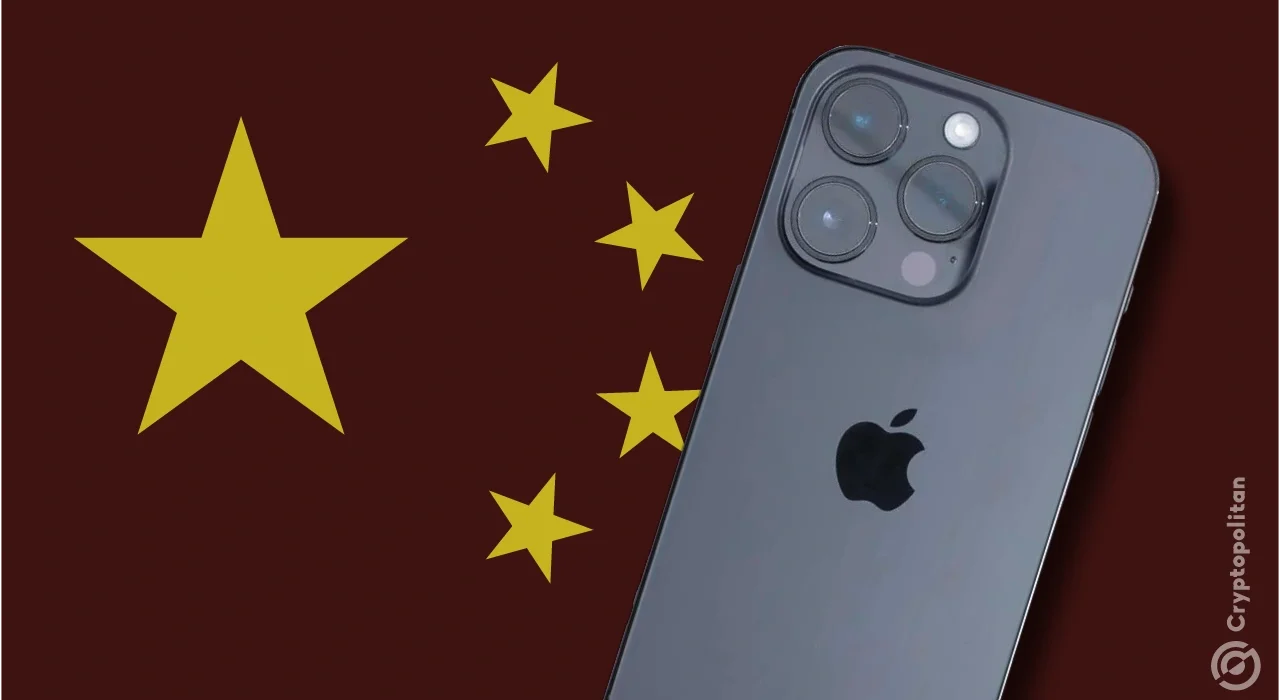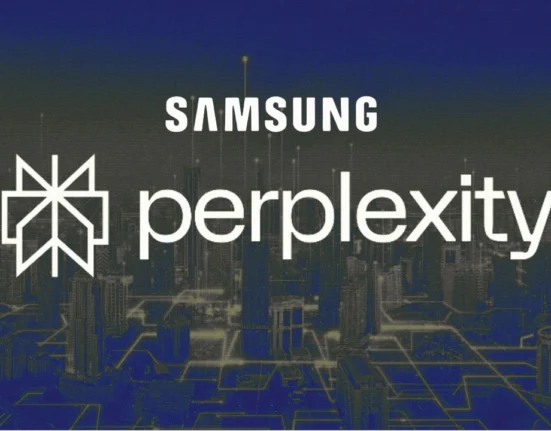Apple is running into a storm in China as it tries to bring its AI system, Apple Intelligence, to iPhones in the country.
The problem? China’s strict regulations on generative AI. A senior official from the Cyberspace Administration of China (CAC) said foreign companies, including Apple, will face a “difficult and long process” to get approval for running their own AI models unless they team up with local tech groups.
This is Apple’s third trip to the China AI rodeo this year, with CEO Tim Cook making his third visit to the country on Monday. He’s trying to untangle the regulatory web blocking Apple Intelligence, which has already launched in the U.S. since October, from coming to China.
For a company heavily invested in its second-largest market, where iPhone sales have been slipping, getting this AI launch right is crucial.
Apple’s local tech dilemma
Apple has been in talks with Chinese tech players like Baidu, ByteDance, and Moonshot, the company behind the Kimi AI chatbot, to potentially partner for AI-powered features on iPhones sold in China.
According to insiders, the idea of Apple running its own large language models (LLMs) in the country is still on the table. But here’s the catch: going solo in China means dealing with lengthy government tests and a lot of red tape, as every company offering generative AI services to the public has to clear official assessments.
A high-ranking CAC official spilled some details during the World Internet Conference in Wuzhen last week. According to him, foreign companies using Chinese-approved LLMs would have a “simple and straightforward approval process.” Translation? If Apple wants to avoid headaches, it’ll need to partner up.
The regulatory climate isn’t the only cloud over the company’s AI ambitions in China. Sales have been slipping, with an 8% drop in revenue from last year. On top of that, a nationalist campaign urging Chinese state employees to avoid iPhones is adding to Apple’s problems.
Relations between the U.S. and China aren’t helping either, as geopolitical tensions come into tech. And then there’s Huawei. The homegrown tech giant is back and making noise with its AI-ready smartphones. Unlike Apple, Huawei doesn’t have to jump through the same hoops to integrate generative AI into its devices. This is a huge advantage.
Apple’s U.S. AI rollout shows what’s missing
Back in the U.S., Apple has been busy hyping up Apple Intelligence. The suite of AI features powers tools like Siri, writing assistants, smart photo editing, and even custom emojis. But the difference between Apple’s AI models and those of competitors like OpenAI and Google is staggering.
Apple’s on-device foundational model has 3 billion parameters. OpenAI’s GPT-4 and Google’s Gemini Pro? Over a trillion parameters each.
This gap has forced Apple to get creative. For more advanced queries, Siri taps into OpenAI’s models. Apple says it’s all about giving users the best tools for the job, but critics aren’t buying it.
Apple’s selling point is privacy. The company insists that its AI features prioritize user data security, with as much processing as possible happening directly on devices. For anything that requires cloud processing, Apple’s own servers handle it. Apple argues that this system ensures personal data isn’t floating around on third-party platforms.
But not everyone is convinced. Elon Musk isn’t a fan of Apple’s partnership with OpenAI. On X, he blasted the move, saying, “Apple isn’t smart enough to make their own AI” and claiming it’s a “security violation.” Musk even threatened to ban Apple devices at his companies if OpenAI’s technology becomes further integrated.
For Apple, this backlash is just part of the larger scrutiny Big Tech is facing over AI partnerships. Regulators are already circling, vowing to keep the balance of power in check.
Apple’s China strategy: Risky but necessary
China contributed 17% of Apple’s revenue for the year ending in September. But as competition heats up and political tensions escalate, Apple’s position in China is at risk. Huawei’s rise and the Chinese government’s nationalist push could chip away at Apple’s dominance.
Last month, CEO Tim Cook told Chinese media that the company is “working hard” to bring Apple Intelligence to China.
Meanwhile, at the Worldwide Developers Conference, Apple hinted at future partnerships, including one with Google over its Gemini AI models. Craig Federighi, Apple’s senior VP of software, said, “We’re starting with the best.”
Whether this strategy works remains to be seen. For now, Apple is betting that its privacy-first approach will set it apart, even as it leans on partners for technical power.
From Zero to Web3 Pro: Your 90-Day Career Launch Plan








